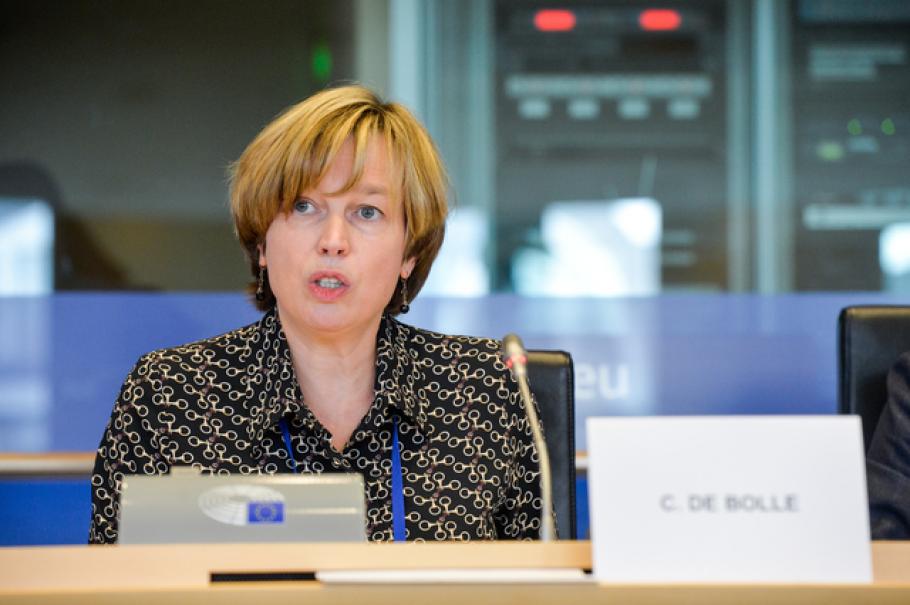Organised crime has used the uncertainty of the pandemic to identify and exploit criminal opportunities, according to the head of Europol.
Europol, headquartered in The Hague, is the EU’s law enforcement agency, and is headed by Catherine De Bolle, formerly the chief commissioner of the Belgian federal police. Today she co-chaired, together with Vittorio Rizzi, deputy director-general of public security in Italy, the third working group on the crime threats presented by Covid-19, and law enforcement’s response.
At the same time, the organisation released its latest report on how the Covid-19 situation has affected crime in Europe.
“We are experiencing a second wave of the pandemic and organised crime does not miss the chance to exploit the circumstances to increase its profits by targeting vulnerable communities such as children and legal business activities weakened by the economic crisis,” De Bolle said.
“Our new report looks back at the last eight months and we can trace how criminals have used uncertainty and change to identify and exploit opportunities.”
“We are facing a new social and economic reality with our tired and poorer communities,” Rizzi said.
“Organised crime is seeking to penetrate this social context of economic recession to pursue its illicit profits. However, we will be ready to counter this threat through the strategy that we are building together.”
The meeting was attended by police chiefs from Austria, Belgium, France, Germany, Italy, the Netherlands, Poland, Spain, Switzerland and the United Kingdom, as well as Interpol.
The criminal opportunities presented to organised crime specifically related to the pandemic are many, the report says.
• The (online and offline) distribution of counterfeit and substandard personal protective equipment, pharmaceutical and sanitary products.
• The threat of child sexual abuse and grooming increases the more time children spend at home and online.
• Burglaries and looting of pharmacies and medical facilities have increased.
• Online, criminal tactics like phishing, malware and ransomware attacks have grown, particularly those that target health-related organisations.
• Despite some reduction of trade at the beginning of the crisis, drugs traffic now appears to have resumed pre-corona levels. Meanwhile the restrictions have encouraged dealers to seek new business models, including using the cover of meals deliveries to deliver drugs to customers’ homes.
The report also details some emerging threats linked to the sanitary emergency, including trafficking of medical waste and environmental crimes related to disposal, assaults on police enforcing restrictions, a rise in domestic violence and extortion of pharmaceuticals companies.
“Unfortunately, uncertainty over the development of this pandemic and its impact on our lives appears set to remain with us for at least some months to come,” De Bolle writes in the report.
“However, it is encouraging to see how effective law enforcement authorities across the EU have cooperated to find responses and counter Covid-19 related security challenges in a very short time-frame. I strongly believe that we will benefit from this proof of strength of collaboration in difficult circumstances far beyond the current pandemic crisis.”
Alan Hope
The Brussels Times

